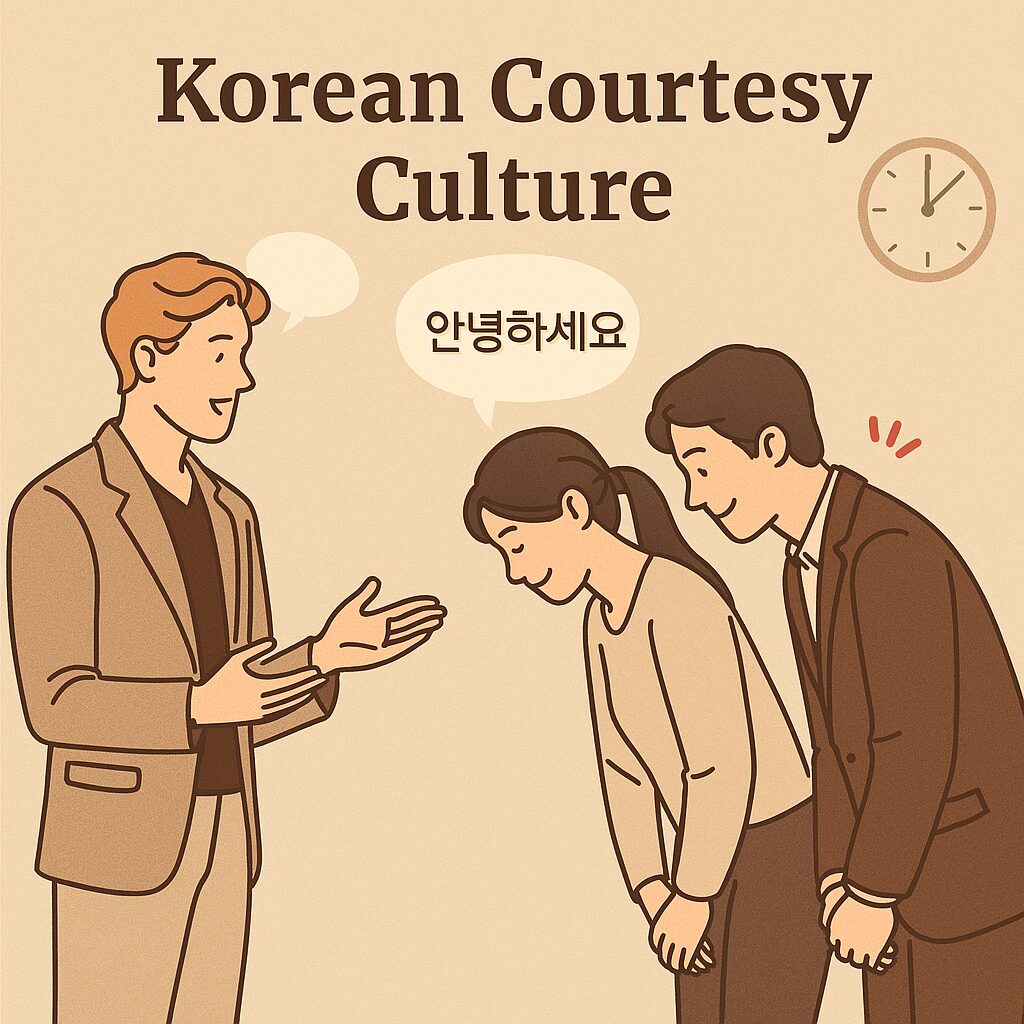

In Korean culture, people are often warm, generous, and polite—but the language itself carries a deep sense of hierarchy and respect. One of the most important aspects is the distinction between formal speech (존댓말) and informal speech (반말). This isn’t just about grammar—it reflects social relationships, age, status, and context. Using the wrong level of speech can unintentionally come across as rude or disrespectful, even if your intentions are good.
For example, let’s say you want to ask someone “Did you eat?”
- To a close friend or someone younger, you can say: “밥 먹었어?”
- But to a teacher, elder, or colleague, you must say: “식사하셨어요?” or “진지 드셨어요?” (a very honorific version).
Another common example is saying “thank you”:
- Informal: “고마워.”
- Formal: “감사합니다.”
Using “고마워” with your boss or a stranger you just met could be seen as impolite.
Even greetings differ:
- Informal: “안녕.”
- Formal: “안녕하세요.”
Saying “안녕” to someone older or unfamiliar might raise eyebrows.
Age plays a huge role. In Korea, even a one-year age difference can shift the expected speech level. If you’re not sure, it’s safest to use 존댓말 until the other person invites you to speak casually. For example, a Korean might say: “반말 써도 돼요.” (“You can use informal speech with me.”)
This linguistic etiquette also applies in texting, emails, and online comments. A casual tone with strangers can feel abrupt or even offensive. So when learning Korean or interacting with Koreans, it’s not just about vocabulary—it’s about reading the room, respecting relationships, and choosing your words with care.


답글 남기기